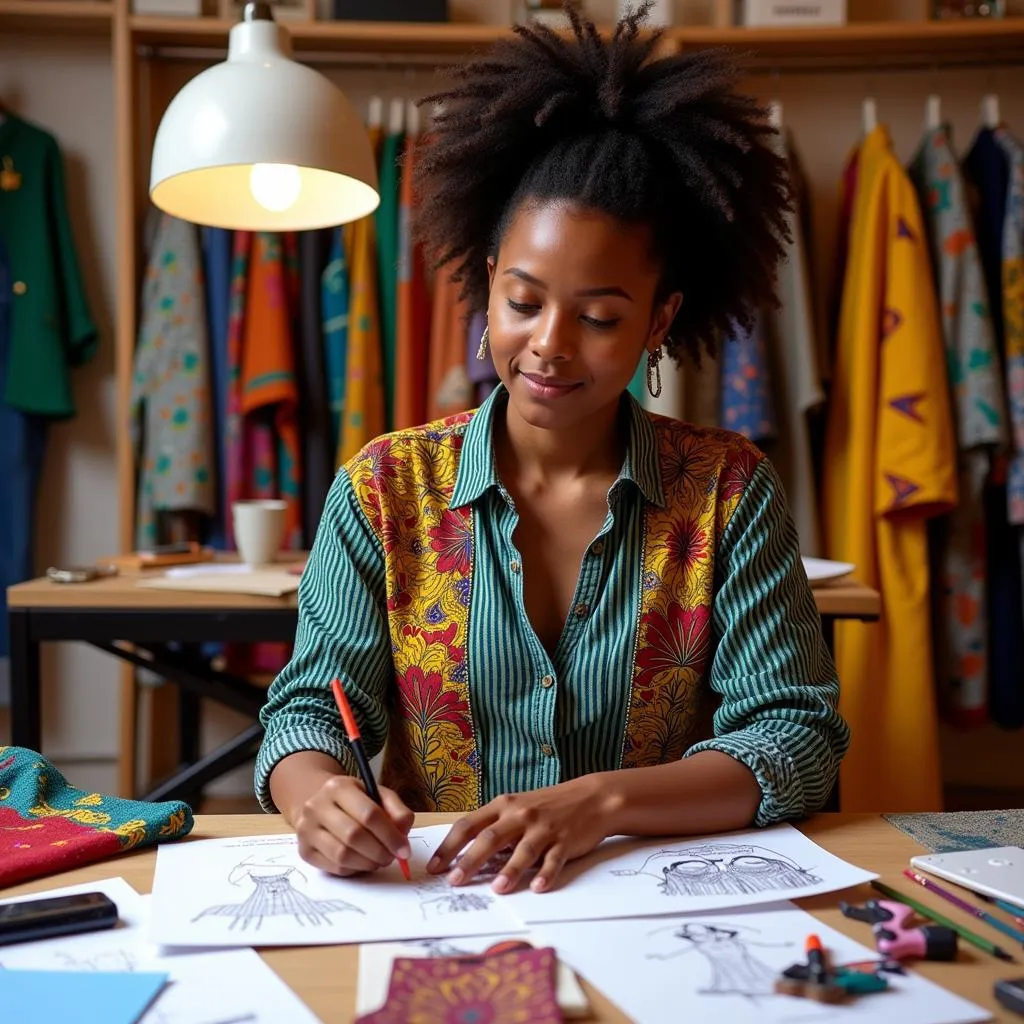African American Baby Dolls: A History of Representation and Identity
African American Baby Dolls have played a significant role in shaping the self-image and cultural identity of Black children for generations. These dolls, which often feature realistic features, hairstyles, and skin tones, provide a vital representation of Black beauty and diversity that has long been missing from mainstream toy markets.
The Evolution of African American Baby Dolls
The history of African American baby dolls is intertwined with the fight for racial equality and representation in America. The earliest dolls marketed to Black children were often simplistic and lacking in realistic features. However, as the Civil Rights Movement gained momentum, the demand for dolls that reflected Black children’s true identities increased.
The Importance of Representation
The absence of Black dolls in toy stores and the limited choices available to Black families underscored the pervasive lack of representation in mainstream society. This lack of visibility sent a powerful message to Black children: they were not considered valuable or worthy of being reflected in the toys they played with.
“It was so important for Black children to see themselves represented in the dolls they played with,” says Dr. Anya Williams, a cultural historian specializing in African American toy culture. “These dolls provided a sense of belonging and validation that was often lacking in other areas of their lives.”
The Rise of Black-Owned Doll Companies
Responding to the demand for more diverse and inclusive toys, Black entrepreneurs and doll makers began to create their own dolls that specifically catered to Black children. These companies, such as the renowned “The Black Doll Company,” played a crucial role in filling the gap in the market and offering Black children dolls that they could identify with.
The Impact of African American Baby Dolls
The impact of African American baby dolls goes beyond mere representation. These dolls served as powerful tools for self-esteem, cultural awareness, and empowerment.
“I remember playing with my African American baby doll as a child, and feeling a sense of pride that I had never felt before,” recounts Ms. Jasmine Carter, a mother of two. “It was like I could finally see myself reflected back in the doll I was holding.”
Today’s Diverse Landscape
Today, the landscape of African American baby dolls is more diverse than ever before. Dolls come in a range of skin tones, hair textures, and facial features, reflecting the beauty and diversity of the Black community.
Finding the Perfect African American Baby Doll
Choosing the right African American baby doll for your child can be an exciting and empowering experience. Consider factors such as:
- Skin Tone: Select a doll with a skin tone that closely matches your child’s or reflects the diversity of your family.
- Hair Texture: Look for a doll with hair that mirrors your child’s hair texture or showcases the different textures found within the Black community.
- Facial Features: Choose a doll with realistic facial features that celebrate Black beauty.
The Continuing Legacy
African American baby dolls continue to be a powerful symbol of representation, identity, and self-love. By providing Black children with dolls that reflect their heritage and beauty, we can help them develop a strong sense of self-worth and celebrate their unique place in the world.
FAQs
What is the significance of African American baby dolls?
African American baby dolls provide a vital representation of Black beauty and diversity, which has long been missing from mainstream toy markets. They are important for the self-esteem and cultural identity of Black children.
Who are some notable Black doll makers?
Some notable Black doll makers include:
- “The Black Doll Company,” known for its iconic and diverse dolls.
- “Aaliyah’s Dolls,” which creates handcrafted dolls that celebrate Black culture.
- “The Toy Collective,” a company dedicated to creating dolls that promote inclusivity and representation.
How can I find African American baby dolls?
You can find African American baby dolls online, in specialty toy stores, and at some mainstream retailers.
Are African American baby dolls expensive?
The price of African American baby dolls can vary depending on the brand, materials, and craftsmanship. However, there are options available at various price points to suit different budgets.
Why is it important to support Black-owned doll companies?
Supporting Black-owned doll companies ensures that Black children continue to have access to dolls that reflect their identity and heritage. It also helps to promote diversity and inclusion in the toy industry.
Conclusion
African American baby dolls are more than just toys; they are powerful symbols of representation, identity, and self-love. By providing Black children with dolls that reflect their heritage and beauty, we can foster a sense of pride, belonging, and empowerment that will shape their lives for years to come.
